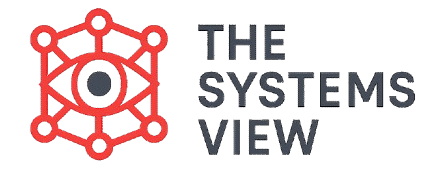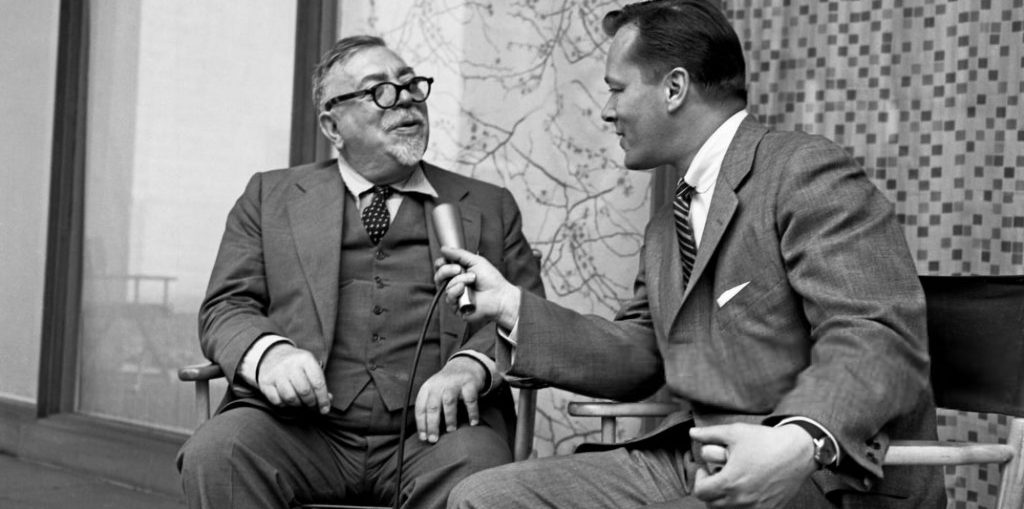Imagine a field that uses the same universal rules to explain how a human brain learns, how a steam engine is regulated, and how a global stock market reacts to news. This unified way of thinking was pioneered by Norbert Wiener (1894–1964).
Wiener, a child prodigy and mathematical genius, is the undisputed Father of Cybernetics. During World War II, his work on automated anti-aircraft systems led him to a fundamental realization: the mathematical rules governing control and communication are identical in both mechanical systems and biological systems.
His work did not just create a new science; it set the stage for the Information Age, defining the core concepts of feedback and self-regulation that govern all modern complex systems.
The Birth of Cybernetics: A Universal Science
In 1948, Wiener published his seminal work, Cybernetics: Or Control and Communication in the Animal and the Machine. He coined the term from the ancient Greek word kubernētēs, meaning “steersman” or “governor.”
Cybernetics: The Unity of Control and Communication
Wiener’s central thesis was that control and communication are inseparable. You cannot have one without the other.
- Communication is the flow of information.
- Control is the purposeful use of that information to guide a system’s actions toward a goal.
Wiener demonstrated that the flow of information (the nervous impulses in a person, the electronic signals in a computer) is the universal principle that allows for purposeful action. This systemic insight broke down the walls between disciplines, connecting psychology, engineering, economics, and biology for the first time.
The Role of Error in Steering
For Wiener, the process of steering or control is fundamentally about managing error.
A system achieves its goal by continuously monitoring the difference (the error) between its desired position and its actual position. It then uses a feedback loop to send a corrective message. The entire system’s activity is a constant, continuous effort to reduce this error to zero.
The Mechanism: Feedback and Self-Regulation
Wiener’s work made the feedback loop the most important analytical concept in systems science.
Negative Feedback: The Key to Stability
Wiener showed that Negative Feedback is the essential ingredient for all self-regulating, purposeful behavior. This is the balancing force that prevents systems from spinning out of control.
- Example: The Anti-Aircraft Gun: His initial wartime work required a gun-pointing system that could track a fast, unpredictable airplane. The system had to constantly measure its own aiming error and feed that data back to the motors to correct the aim. Without this continuous, negative feedback loop, the system would immediately become useless.
- The Principle: In both machines and animals, the energy used to correct an action is directed against the deviation from the goal. This constant, gentle opposition maintains stability (homeostasis).
Fighting Entropy: The Battle for Order
Wiener connected Cybernetics to the deep thermodynamic concept of Entropy, which is the universal tendency for all things to slide into chaos and disorder.
- Wiener’s Insight: He argued that information is the opposite of entropy. While entropy degrades order, the flow of information and the control exerted by feedback loops create and maintain pockets of local order, whether in a healthy body or a functioning machine.
- The Struggle: All complex systems, from civilizations to individual lives, are engaged in a constant, necessary struggle to process new information and adjust to errors, simply to resist the inevitable slide toward chaos.
The Ethical System: The Human Use of Human Beings
Wiener was not content to leave Cybernetics in the laboratory. He was deeply concerned about its impact on society, especially automation.
The Moral Question of Automation
In his influential 1950 book, The Human Use of Human Beings, Wiener raised profound moral questions about the coming age of automation:
- Deskilling: If intelligent machines take over all routine tasks, what is left for humans to do?
- Moral Purpose: We must ensure that automated systems, which are built to execute commands, are given morally sound goals. Wiener warned that if we give a machine a goal without giving it human judgment, the machine will pursue the goal with ruthless efficiency, potentially causing immense, unintended harm.
Crucially, Norbert Wiener believed that the highest purpose of Cybernetics was to liberate humanity from simple, repetitive labor. By building machines that could control themselves, humans would be free to focus on judgment, creative work, and moral responsibility.
Conclusion
Norbert Wiener is the intellectual architect of the Information Age. By defining Cybernetics, he created a unified science of control and communication that proved the fundamental organizational laws of nature are the same for the machine and the animal. His core insight, the mechanism of the self-correcting feedback loop is the key to understanding stability, purpose, and resistance in all complex systems today. Furthermore, his ethical warnings about automation remain a powerful challenge to anyone using technology built on his foundations.



